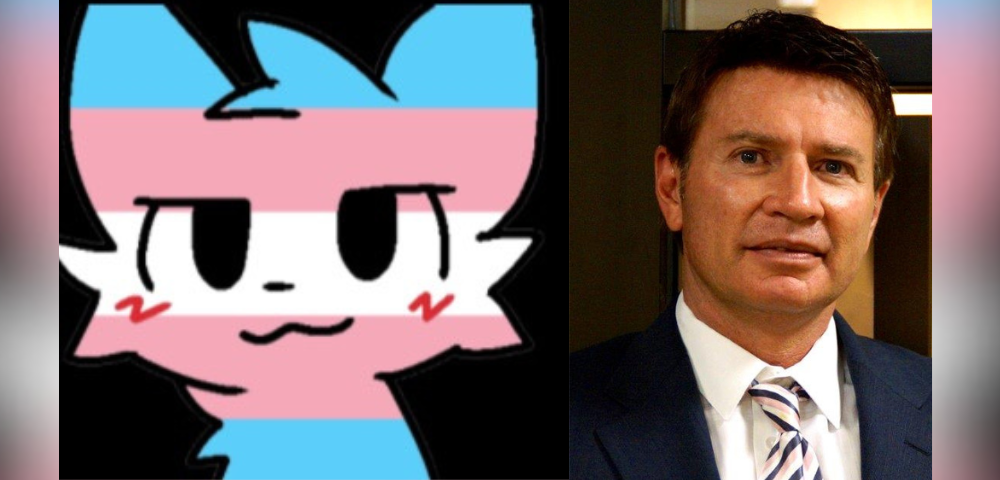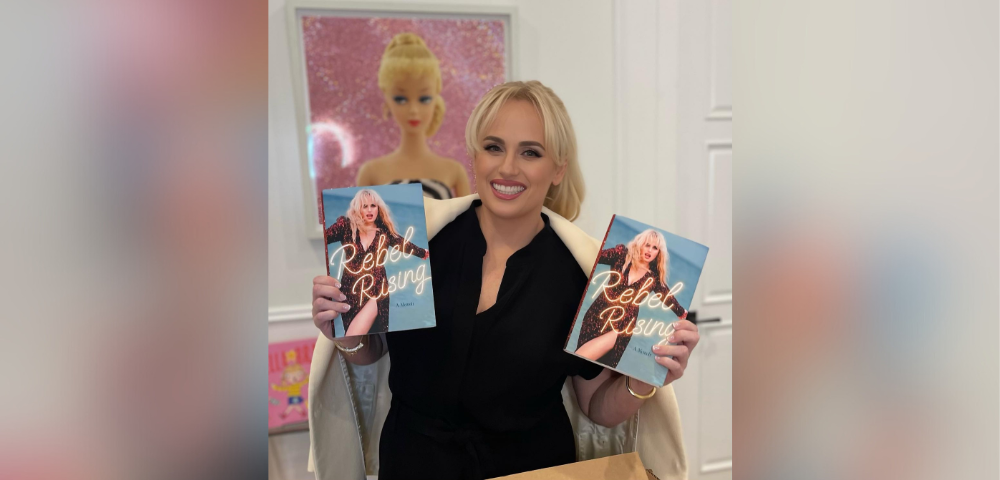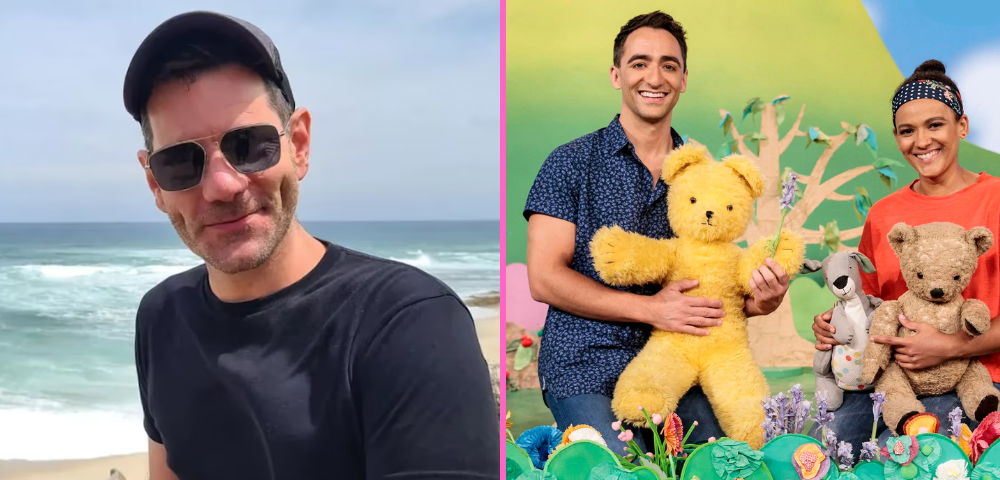
Benefits and limits to online communities for queer youth

THE recent Growing Up Queer report into the health and wellbeing of same-sex attracted and sex and gender diverse (SSASGD) young people found many participants saw definite limits to the benefits of online technologies in addressing feelings of isolation.
While accessing information about gender and sexuality through mobile phones and other online technology was common, participants also said social isolation continued despite these technologies. Face-to-face contact and “safe spaces” were seen as far more significant ways to address these feelings.
Despite this finding, media surrounding the release of Growing Up Queer included a focus on the benefits of online communities, with former High Court judge Michael Kirby singling this out at the launch of the report.
Lead researcher Kerry Robinson told the Star Observer this might indicate a need to rethink the role of online communities.
“I think that’s a really interesting finding because I think that what we tend to rely very heavily on is this notion that technology and online experiences are going to change the nature of young people’s lives through being able to access other people,” Robinson said.
“A lot of them found a lot of support through that process, but there is a point where the type of interactions they were wanting to have with people were not possible there…there’s something about human contact and talking to people.”
Robinson agreed that online communities have at times been seen as a remedy for young people’s health and wellbeing. While online communities have been a huge support for some SSASGD young people, there were almost always limits to that support.
Safe Schools Coalition Victoria founder Roz Ward agreed there was no substitute for face-to-face contact with supportive peers and adults.
“Being in schools we look for who can be the supportive adult, who can be the supportive teachers, because that one person, maybe just one in a young person’s life is the thing that will make a really big difference,” she told the Star Observer, explaining that having an out gay teacher is a big deal for SSASGD students.
Ward argued the debate around young people online often included fear-based rhetoric directed at the ‘dangers’ of technology. She said a balanced approach to the issue free from reactionary arguments was important.
“I think we need to weigh up young people’s online life as part of their life, not as this separate thing… We can think about the positives and negatives of all of those things together,” Ward said.
Earlier this week Leichhardt federal Coalition MP Warren Entsch outlined the findings of Growing Up Queer in Federal Parliament, saying it had “sent a pang of great sympathy and sadness” through him.
“Almost two-thirds of respondents reported homophobic or transphobic harassment or violence across different aspects of their lives, including in schools, families, the workplace, the streets and other public sites, such as sporting events,” he said.
Entsch drew particular attention to calls in the report for an end to religious exemptions for private schools in anti-discrimination legislation.
Entsch chairs the Parliamentary Friendship Group of LGBTI Australians, which has 27 members across all parties.









